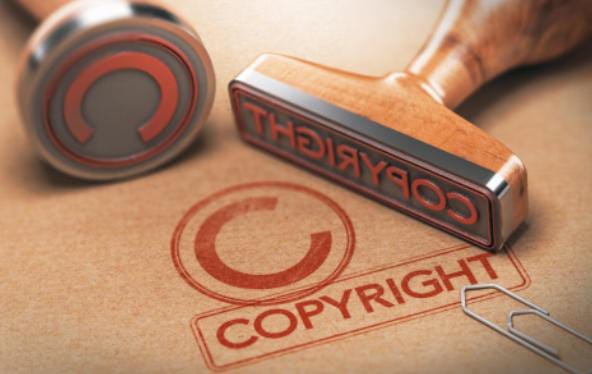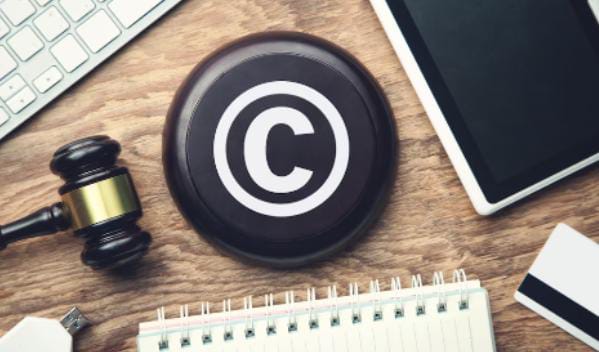In today’s digital age, understanding copyright law is more important than ever. Whether you’re a creator, a consumer, or simply a curious individual, knowing the basics of copyright law can help you navigate the complex world of intellectual property.
This article aims to demystify copyright law, making it accessible and understandable for a general audience.
What is Copyright Law?
Copyright law is a legal framework that grants creators exclusive rights to their original works. This includes literature, music, art, and even software. The core idea is to protect the creator’s investment of time, effort, and creativity.
When you create something original, copyright law automatically safeguards your right to control how it is used, reproduced, and distributed.
Find out more about copyright law here on the World Intellectual Property Organization (WIPO)’s website.
How Does Copyright Work?
The moment you create an original work and fix it in a tangible form – like writing it down or recording it – it is copyrighted. You don’t need to register your work for copyright protection, although registration can provide additional legal benefits.
Copyright typically lasts for the creator’s lifetime plus an additional 70 years, though this can vary depending on the country and the type of work.
Common Misconceptions about Copyright Law
There are lots of misconceptions out there about copyright law. Here are some of the more common myths, and the reality behind them.
Myth: If it’s online, it’s in the public domain.
Reality: Just because something is easily accessible on the internet doesn’t mean it’s free to use. Copyright often still applies.
Myth: You can use any work freely if you’re not making money from it.
Reality: Non-commercial use doesn’t automatically exempt you from copyright infringement.
Myth: Changing a work by a certain percentage makes it your own.
Reality: There’s no specific percentage rule in copyright law. Even minor changes can still infringe on the original work’s copyright.
Fair Use: A Critical Exception
Fair use is a vital concept in copyright law, allowing limited use of copyrighted material without permission for purposes like criticism, commentary, education, or news reporting. However, fair use is determined on a case-by-case basis, considering factors like the purpose of use and the effect on the work’s market value.
Digital Media and Copyright Challenges
The digital era has brought new challenges to copyright law, especially with the ease of copying and sharing digital content. Illegal downloading, file sharing, and streaming have become widespread issues.
Copyright holders are increasingly using digital rights management (DRM) and other technological measures to protect their works online.
Copyright and Technology
The rapid advancement of technology has significantly impacted the landscape of copyright law. In an era where digital content can be easily replicated and shared globally, the challenge of protecting intellectual property has intensified.
Innovations such as streaming services, DRM, and content ID systems represent efforts to adapt copyright enforcement to the digital age. These technologies aim to balance the rights of creators and the need for accessible content, but they also raise questions about user privacy and the limits of control over digital media.
Furthermore, emerging technologies like artificial intelligence and blockchain are poised to further transform how we create, distribute, and manage copyrighted works. Find out more about technology law and your legal obligations here.
What About Copyright and Litigation?
Copyright litigation has become an increasingly prominent battleground for protecting intellectual property rights.
As the ease of copying and distributing works has escalated in the digital era, so have disputes over copyright infringement.
Litigation serves as a crucial tool for copyright holders to enforce their rights, often involving complex legal arguments about fair use, infringement, and damages.
High-profile cases have set precedents that shape how copyright is interpreted and enforced, impacting everything from individual artists to large corporations. These lawsuits can be a double-edged sword; while they offer a means for creators to defend their work, they also highlight the need for clear, accessible legal guidelines in an environment where technology is constantly evolving.
The outcomes of such cases not only affect the parties involved but also set important legal benchmarks that guide future copyright practices and policies.

Practical Tips for Respecting Copyright
- Always seek permission if you’re unsure: When in doubt, it’s safest to ask for permission to use someone else’s work.
- Give credit where it’s due: Proper attribution can help avoid claims of plagiarism, though it doesn’t necessarily excuse copyright infringement.
- Use licensed or public domain content: There are many resources for finding content that is legally available for use.
Conclusion
Copyright law plays a crucial role in protecting creators and maintaining the balance between their rights and public interests. By understanding the basics of copyright law, you can better appreciate the creative works around you and ensure that your own use of these works is respectful and lawful.



